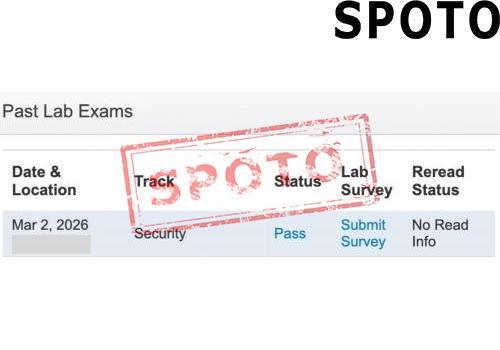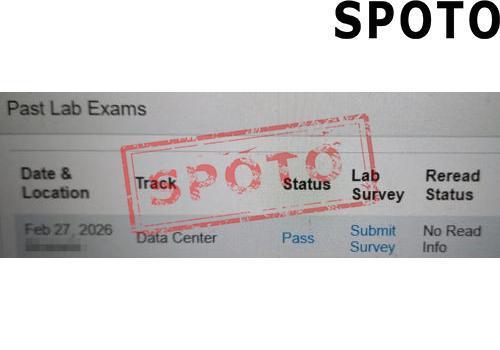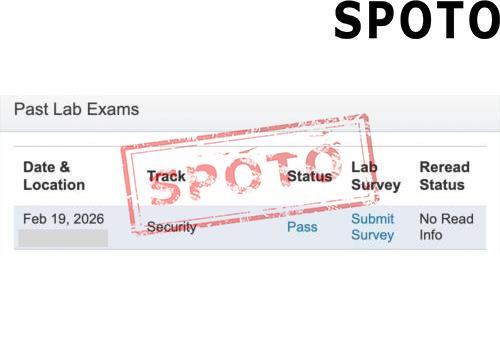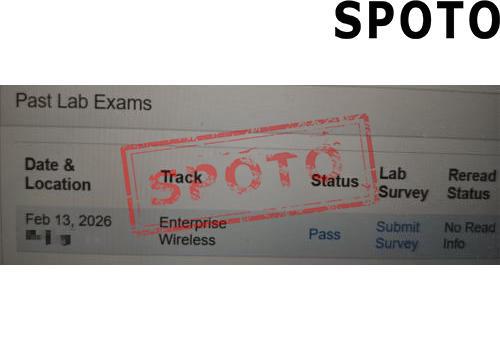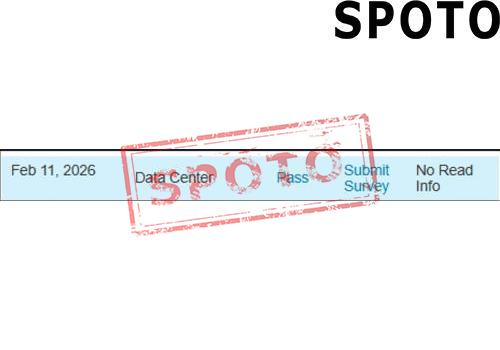
Choosing between CCIE Data Center and CCIE Security is no small decision—it shapes your career path, areas of expertise, and future opportunities. Both certifications are highly respected and in demand, but they cater to distinct professional interests and market needs. This article explores the key differences between these two CCIE tracks to help you make an informed decision.
1. Focus and Scope
CCIE Data Center:
- Primarily revolves around data center infrastructure.
- Focuses on technologies like storage networks, virtualization, cloud computing, and high-density networking.
- Emphasizes skills for managing large-scale data centers and ensuring efficiency, scalability, and availability.
CCIE Security:
- Centers on network security and safeguarding infrastructure.
- Covers advanced concepts like firewall management, VPNs, intrusion prevention, and secure network design.
- Prepares you to defend against cyber threats and implement robust security frameworks.
Key Takeaway: Choose Data Center if you're drawn to designing and managing complex infrastructures. Opt for Security if protecting networks from cyberattacks excites you.
2. Career Opportunities
CCIE Data Center:
- Common roles: Data Center Architect, Network Engineer, Cloud Specialist, IT Infrastructure Lead.
- Industries: Data-driven sectors such as IT, finance, healthcare, and cloud services.
CCIE Security:
- Common roles: Security Analyst, Security Architect, Cybersecurity Consultant, SOC Manager.
- Industries: Highly regulated sectors like banking, government, defense, and tech.
Key Takeaway: Both tracks offer lucrative careers, but Data Center leans toward infrastructure management, while Security is ideal for cybersecurity enthusiasts.
3. Technical Expertise Required
CCIE Data Center:
- Requires deep knowledge of data center components such as Cisco UCS, ACI (Application Centric Infrastructure), and virtualization platforms.
- A strong understanding of storage protocols, fabric networking, and cloud integration is essential.
CCIE Security:
- Demands expertise in firewall configurations, network encryption, endpoint protection, and threat mitigation.
- Requires familiarity with security frameworks like Zero Trust Architecture and NIST Cybersecurity Framework.
Key Takeaway: Data Center focuses on optimizing infrastructure performance, while Security emphasizes safeguarding network assets.
4. Certification Exam Format
CCIE Data Center:
- Written exam: Assesses knowledge of data center design, implementation, and troubleshooting.
- Lab exam: Focuses on deploying and managing data center technologies in real-world scenarios.
CCIE Security:
- Written exam: Evaluates understanding of security protocols, technologies, and best practices.
- Lab exam: Tests hands-on skills in configuring, managing, and securing network environments.
Key Takeaway: Both certifications are rigorous, but their focus areas in the exams reflect the unique challenges of each field.
5. Market Demand and Trends
CCIE Data Center:
- Growing demand due to the rise of cloud computing and virtualization.
- Companies prioritize data center efficiency and scalability to support global operations.
CCIE Security:
- High demand fueled by increasing cyber threats and regulatory requirements.
- Organizations invest heavily in cybersecurity to protect sensitive data and maintain trust.
Key Takeaway: Security may offer more consistent demand due to the universal need for cyber protection, while Data Center thrives in cloud-driven markets.
6. Personal Interests and Strengths
CCIE Data Center:
- Ideal for professionals passionate about system design, scalability, and cloud integration.
- Requires a methodical approach to optimizing resource use in large infrastructures.
CCIE Security:
- Perfect for those intrigued by cybersecurity and threat mitigation.
- Appeals to individuals who thrive in dynamic environments requiring constant vigilance.
Key Takeaway: Reflect on your personal interests and strengths when deciding between these certifications.
Conclusion
Both CCIE Data Center and CCIE Security are prestigious certifications offering unique career paths. Your choice should align with your interests, skills, and long-term career goals. If you enjoy building and managing robust infrastructures, Data Center is your best bet. If defending networks and combating cyber threats excites you, Security is the way to go.
Regardless of your choice, either certification will position you as a highly skilled professional in the networking industry, opening doors to exciting opportunities.
